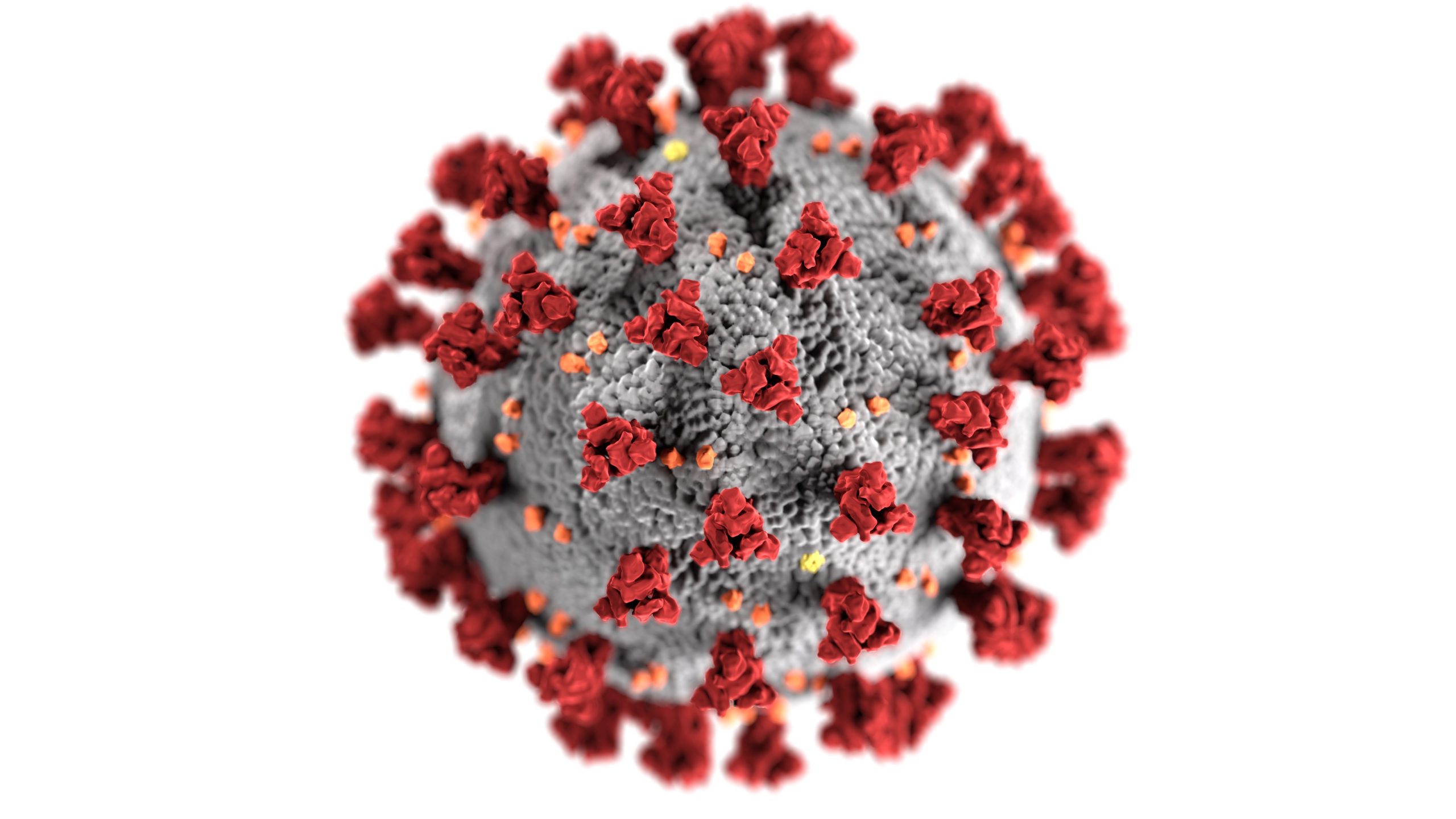One way or another, COVID immunity is coming to your body

The SARS-CoV-2 coronavirus, public domain image from CDC
If you have not yet been vaccinated against the coronavirus, I know some of you have your reasons. In this blog post, I’m talking to you.
Some of you don’t really have reasons. Instead you have an identity so strongly linked to the red/Trump/anti-vaxx tribe that it’s not a question of the merits and risks of the vaccine—it’s a question of belonging to a group. For those people, I can offer nothing. The need to belong is a fundamental human need, and I cannot “talk” you into parting ways with your self identity. Without some basic level of trust, I can’t refute blatant lies (such as, vaccines contain microchips, or alter your DNA, or make you magnetic or infertile).
So…for those of you hesitating for an actual reason, let’s lay down some hard truths.
- The delta variant of the SARS-CoV-2 coronavirus is several times more contagious than the version that first came out of China in early 2020. By now, it probably accounts for at least 60% of all new COVID cases in the US—and that will keep rising.
- Because delta is so contagious, the threshold for herd immunity just got a lot higher. Probably 85% or more of all people must be immune to stop community spread of the virus. So until we get to 85% or higher, COVID will be in the air, putting people in the hospital and the morgue.
That means–
One way or another, sooner or later, at least 85% of all humans on earth are going to develop immunity to COVID.
There are only two ways for you to get immunity: by infection, or by vaccination.
How do you want to get yours?
The coronavirus is coming to you. It might be this month, or next, or next year—how soon we get to >85% depends on many factors—but know this: unless you live in a bubble, your immune system will encounter SARS-CoV-2.
Do you want your immune system prepared and trained to fight it off, so you don’t end up struggling to breathe?
Or do you want to take your chances?
You say: Vaccine development was rushed so I’m waiting.
I say: Vaccine development was superfast because of new technology, and because we got lucky and the things actually worked. Safety and efficacy testing was speeded up through clever planning and spending a lot of money to eliminate wasted lag time between phases of a typical vaccine trial—not because they didn’t do proper testing.
I say: What exactly are you waiting for? 336 million doses of COVID vaccines have been injected into American arms (source, July 16, 2021). Aside from brief flu-like reactions, harmful side effects are almost nonexistent. This is damn good evidence that the vaccines are safe.
I say: While you’re “waiting”, cases are rising. By the time you decide you’re ready, it might be too late.
You say: I’m sure the virus won’t make me sick so I’ll get my immunity the natural way.
I say: You’re making a risk-benefit calculation, that the risk of vaccination is higher than the risk of coronavirus infection. Your calculation is simply wrong. Even if you are at relatively low risk for severe COVID disease, your disease risk is still much, much greater than any risk from a vaccine. As of July 10, 2021, COVID has killed 2,446 Americans in their 20s; 7,027 Americans in their 30s; and 18,658 Americans in their 40s. (Source)
Needless to say, vaccines have not done that.
While deaths in these younger age groups are a small part of the total number of COVID deaths in the US (about 600,000), they are still tragic deaths in young people that can now be prevented by vaccination.
You say: I already had COVID.
I say: This is probably the most reasonable reason people refuse the vaccine. In the risk spectrum, those who have already been exposed to the virus are probably at lower risk than naive people. If I had to rank-order who should be vaccinated first, they would be at the bottom of the list. However, in the US we don’t have to rank order any more–anyone (over age 12) can get a vaccine. And previous exposure to this virus does not always generate protective immunity. In the case of SARS-CoV-2 and the US-approved vaccines, we have evidence that vaccination provides better immune protection than natural exposure. (Not true for all vaccines and all viruses.) At the very least, we know that not every person who had a positive COVID test has been fully immunized by the exposure. Also, anecdotally I think some people who are refusing the vaccine because they “had COVID” didn’t actually have a positive test–they just got sick at some point last year.
You say: What about long-term effects of the vaccine?
I say: What about long-term effects of COVID? We know for sure that viral diseases in general, and COVID in particular, can affect people’s health long after the initial infection. We have no reason to suspect that vaccination will have long-term adverse effects except in rare cases.
You say: Vaccines don’t work
CDC Director Dr. Rochelle Walensky says: “Preliminary data from a collection of states over the last six months suggest 99.5 percent of deaths from COVID-19 have occurred in unvaccinated people.” July 1, 2021, White House press briefing
In summary:
No matter who you are, if you do not get vaccinated, at some point in the future you will catch the coronavirus. Your chance of being hospitalized or even dying is greater than zero.
By getting vaccinated before that happens, you reduce your risk of dying by about 99%.
Choose the vaccine.
In the last week, 1,675 Americans died of COVID. (Source) Nearly every single one of those deaths was preventable.
Questions? Ask me.
Amy Rogers, MD, PhD, is a Harvard-educated scientist, novelist, journalist, and educator. Learn more about Amy’s science thriller novels, or download a free ebook on the scientific backstory of SARS-CoV-2 and emerging infections, at AmyRogers.com.


